Home>Gardening & Outdoor>Landscaping Ideas>What Is The Best Way To Kill Bermuda Grass
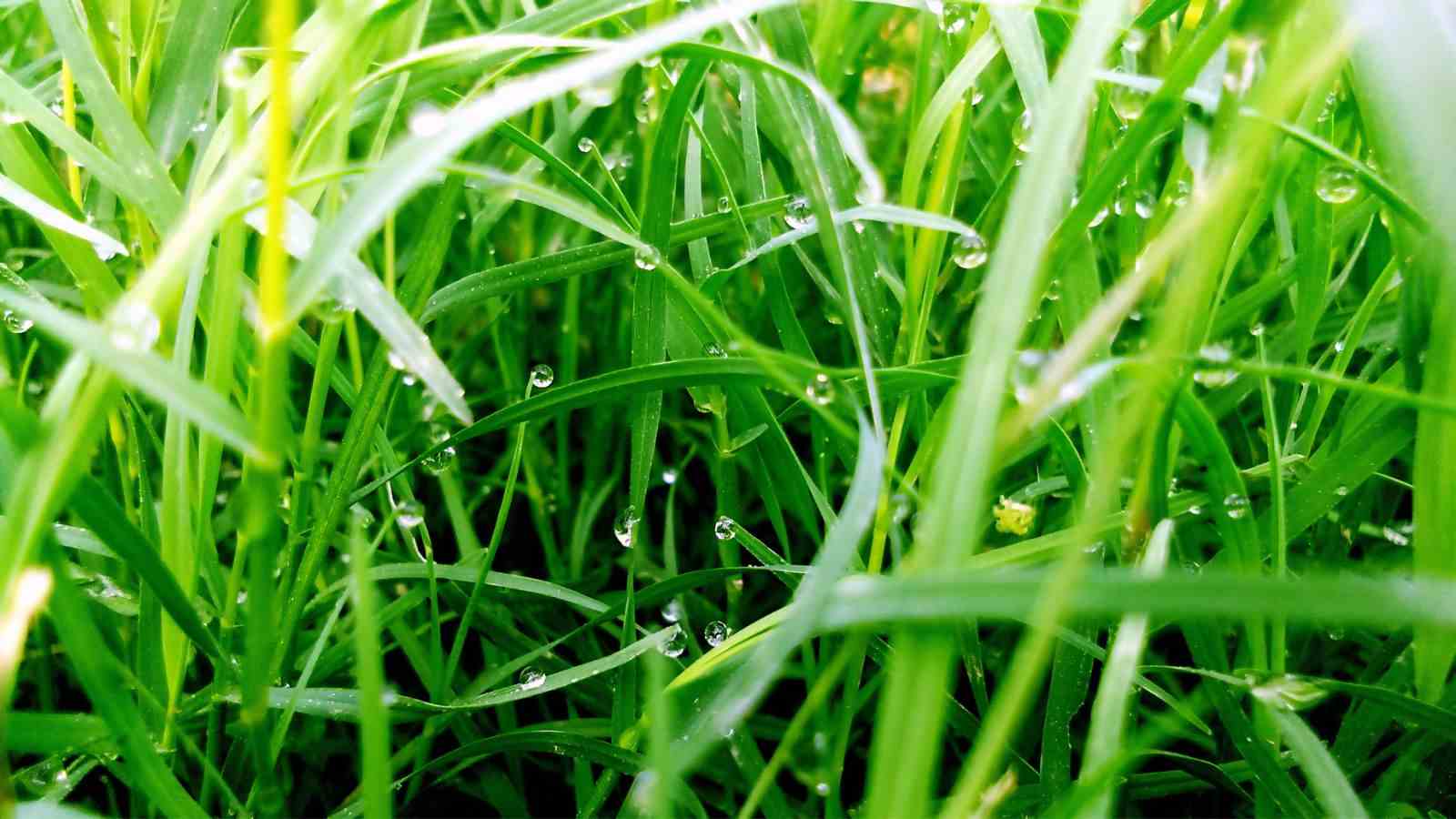

Landscaping Ideas
What Is The Best Way To Kill Bermuda Grass
Modified: March 26, 2024
Discover effective landscaping ideas for killing Bermuda grass and reclaiming your lawn. Learn the best methods and products for successful removal.
(Many of the links in this article redirect to a specific reviewed product. Your purchase of these products through affiliate links helps to generate commission for Storables.com, at no extra cost. Learn more)
Introduction
Dealing with an invasive and stubborn grass species like Bermuda grass can be a challenging task for any homeowner or landscaper. Whether you're striving for a pristine lawn or seeking to reclaim your garden from its clutches, finding the most effective method to eradicate Bermuda grass is crucial. This resilient warm-season grass, known for its aggressive growth and ability to thrive in various conditions, often proves to be a formidable adversary for those aiming to maintain a well-manicured landscape.
As you delve into the realm of Bermuda grass control, it's essential to understand the various methods available for combating this persistent intruder. From chemical treatments to organic remedies and mechanical interventions, each approach comes with its own set of advantages and considerations. By exploring the diverse strategies for managing Bermuda grass, you can gain valuable insights into the most suitable techniques for your specific landscaping needs.
In the following sections, we will delve into the intricacies of Bermuda grass control, shedding light on the chemical, organic, and mechanical methods that can be employed to tackle this resilient grass species. By examining the pros and cons of each approach, you will be equipped with the knowledge needed to make informed decisions and take proactive steps in your quest to reclaim your outdoor spaces from the clutches of Bermuda grass.
Key Takeaways:
- Say goodbye to Bermuda grass by using targeted herbicides, organic mulching, and strategic mowing. A multifaceted approach is key to reclaiming your outdoor spaces from this resilient intruder.
- Embrace sustainable practices like mulching, smothering, and solarization to naturally combat Bermuda grass. Combine organic, chemical, and mechanical methods for a well-manicured landscape.
Read more: What Is The Best Way To Kill Grass
Understanding Bermuda Grass
Bermuda grass, scientifically known as Cynodon dactylon, is a warm-season perennial grass that is widely recognized for its aggressive growth and resilience. This grass species is prevalent in various regions, thriving in warm climates and exhibiting remarkable tolerance to drought, heat, and foot traffic. Its adaptability to different soil types, including sandy, clay, and loamy soils, further contributes to its widespread presence in lawns, parks, and athletic fields.
Characterized by its fine texture and vibrant green color, Bermuda grass is a popular choice for lawns and sports turf due to its ability to withstand heavy use and rapid regrowth. However, its robust nature and vigorous spreading through aboveground stolons and belowground rhizomes make it a formidable opponent for those seeking to maintain a uniform and well-manicured landscape.
One of the defining features of Bermuda grass is its rapid growth rate, which enables it to quickly establish itself and outcompete other grass species and plants. This aggressive growth habit, coupled with its deep root system, allows Bermuda grass to survive and thrive in adverse conditions, making it a persistent challenge for property owners and landscapers.
In addition to its resilience, Bermuda grass exhibits excellent recovery capabilities, enabling it to bounce back from stressors such as mowing, trampling, and environmental fluctuations. This remarkable ability to rebound and spread rapidly contributes to its invasive nature, often leading to its unwelcome encroachment into flower beds, vegetable gardens, and other landscaped areas.
Understanding the growth patterns, resilience, and adaptability of Bermuda grass is essential for devising effective control strategies. By gaining insights into the characteristics and behavior of this tenacious grass species, property owners and landscapers can make informed decisions regarding the most suitable methods for managing and eradicating Bermuda grass from their outdoor spaces.
Chemical Control Methods
When facing a persistent and widespread infestation of Bermuda grass, chemical control methods often emerge as a practical and efficient approach for managing this resilient grass species. Utilizing herbicides specifically formulated to target Bermuda grass can provide effective and targeted control, aiding in the suppression and eradication of this invasive grass from lawns, gardens, and landscaped areas.
Selective herbicides, such as those containing the active ingredient glyphosate, offer a targeted solution for combating Bermuda grass while minimizing harm to desirable plants. These herbicidal formulations are designed to selectively target Bermuda grass, effectively inhibiting its growth and gradually depleting its presence within the treated areas. By adhering to application guidelines and ensuring proper timing, selective herbicides can deliver favorable outcomes in controlling Bermuda grass without causing undue harm to surrounding vegetation.
In addition to selective herbicides, pre-emergent herbicides play a crucial role in preventing the germination and establishment of Bermuda grass seeds. By creating a barrier in the soil and inhibiting the growth of Bermuda grass seedlings, pre-emergent herbicides serve as a proactive measure to impede the encroachment of this resilient grass species. When applied at the appropriate times, typically during the spring and fall seasons, pre-emergent herbicides can effectively thwart the emergence of Bermuda grass, contributing to long-term control and suppression.
It is important to note that the successful application of herbicides for Bermuda grass control necessitates a thorough understanding of the specific herbicidal formulations, their application rates, timing, and potential impacts on non-target plants. Adhering to label instructions and safety precautions is paramount to ensure the responsible and effective use of chemical control methods in managing Bermuda grass infestations.
While chemical control methods offer a potent means of combating Bermuda grass, it is essential to exercise caution and prudence when utilizing herbicidal treatments. Environmental considerations, including potential impacts on beneficial insects, wildlife, and water sources, should be carefully evaluated when implementing chemical control measures. By adopting a judicious and informed approach to chemical control, property owners and landscapers can harness the potential of herbicides to effectively manage Bermuda grass infestations while minimizing adverse effects on the surrounding ecosystem.
Incorporating chemical control methods into an integrated approach to Bermuda grass management can yield favorable results, particularly when combined with complementary organic and mechanical control strategies. By leveraging the targeted efficacy of herbicides and integrating them into a comprehensive control plan, property owners can take proactive steps towards reclaiming their outdoor spaces from the tenacious grip of Bermuda grass.
The best way to kill Bermuda grass is to use a non-selective herbicide specifically designed to target grassy weeds. Be sure to follow the instructions on the product label for the best results.
Organic Control Methods
Organic control methods offer a natural and environmentally friendly approach to managing Bermuda grass infestations, providing property owners and landscapers with effective alternatives to chemical treatments. Embracing organic strategies for Bermuda grass control aligns with sustainable landscaping practices and promotes the preservation of ecological balance within outdoor environments.
Mulching stands out as a fundamental organic method for suppressing Bermuda grass and impeding its growth. By applying a thick layer of organic mulch, such as straw, wood chips, or shredded leaves, over the affected areas, property owners can create a barrier that inhibits the penetration of sunlight and hinders the growth of Bermuda grass. This shading effect, coupled with the gradual decomposition of the mulch, contributes to the suppression of Bermuda grass while enriching the soil and fostering a conducive environment for desirable plants.
Another organic approach involves the utilization of smothering techniques to stifle the growth of Bermuda grass. This method entails covering the affected areas with impermeable materials, such as heavy-duty cardboard or layers of newspaper, to deprive the grass of light and impede its ability to photosynthesize. By effectively smothering Bermuda grass, property owners can gradually weaken its vigor and impede its spread, paving the way for the eventual eradication of this resilient grass species.
Furthermore, leveraging the power of solarization presents an organic and non-invasive method for controlling Bermuda grass. This technique involves covering the infested areas with clear plastic sheeting, harnessing the sun's energy to elevate soil temperatures and create an inhospitable environment for Bermuda grass. Through solarization, property owners can effectively deplete the vitality of Bermuda grass and reduce its presence over time, all without the use of chemical herbicides.
Incorporating cultural practices, such as regular mowing at the appropriate height and promoting the vigor of desirable grass species, contributes to the organic management of Bermuda grass. By maintaining optimal mowing heights and fostering the health of preferred grass varieties, property owners can create competitive conditions that inhibit the growth and spread of Bermuda grass, ultimately leading to its gradual diminishment within the landscape.
Embracing organic control methods empowers property owners and landscapers to address Bermuda grass infestations in a sustainable and eco-conscious manner. By integrating these organic strategies into a holistic approach to landscape management, individuals can effectively combat Bermuda grass while promoting the health and vitality of their outdoor spaces.
This comprehensive approach to Bermuda grass control, encompassing organic, chemical, and mechanical methods, equips property owners and landscapers with a diverse toolkit for addressing the challenges posed by this resilient grass species. By leveraging the strengths of each method and tailoring them to specific landscape needs, individuals can embark on a proactive journey towards reclaiming their outdoor spaces from the clutches of Bermuda grass.
Mechanical Control Methods
In the realm of Bermuda grass management, mechanical control methods offer a hands-on and labor-intensive approach to curbing the proliferation of this resilient grass species. By leveraging physical interventions and manual techniques, property owners and landscapers can exert direct influence over the growth and spread of Bermuda grass, contributing to its gradual suppression and eventual eradication.
One of the fundamental mechanical methods for controlling Bermuda grass involves regular and strategic mowing. By maintaining the grass at an optimal height and adhering to a consistent mowing schedule, property owners can impede the vigor and spread of Bermuda grass. This practice not only helps in reducing the seed production of Bermuda grass but also weakens its ability to outcompete desirable grass species, thereby fostering a more balanced and uniform lawn or landscape.
Furthermore, the diligent use of edging tools and techniques plays a pivotal role in containing the encroachment of Bermuda grass into flower beds, walkways, and other landscaped areas. By creating distinct and well-defined borders between the grass and adjacent spaces, property owners can establish barriers that hinder the lateral expansion of Bermuda grass, thereby preventing its infiltration into designated areas.
In instances where Bermuda grass has infiltrated specific areas, manual removal through hand-pulling or digging offers an effective means of targeted control. This method allows property owners to directly extract Bermuda grass plants and their associated rhizomes, thereby reducing the population and curbing the spread of this invasive grass species. While labor-intensive, manual removal proves to be a precise and environmentally friendly approach to managing localized infestations of Bermuda grass.
Leveraging the power of cultivation and aeration, property owners can disrupt the growth and vigor of Bermuda grass while promoting the health of desirable grass species. By aerating the soil and cultivating the turf, individuals can create an environment that is less conducive to the persistence of Bermuda grass, thereby fostering the dominance of preferred grass varieties and gradually diminishing the presence of Bermuda grass within the landscape.
Incorporating these mechanical control methods into an integrated approach to Bermuda grass management empowers property owners and landscapers to address the challenges posed by this resilient grass species. By combining mechanical interventions with chemical and organic strategies, individuals can adopt a comprehensive and proactive stance in reclaiming their outdoor spaces from the tenacious grip of Bermuda grass.
Read more: What Kills Weeds But Not Bermuda Grass
Conclusion
In the realm of landscaping and lawn maintenance, the battle against Bermuda grass presents a formidable challenge for property owners and landscapers. The resilient nature and aggressive growth habits of Bermuda grass demand a multifaceted approach to control and management. By delving into the diverse methods for combating this persistent grass species, individuals can gain valuable insights into the most effective strategies for reclaiming their outdoor spaces from its tenacious grip.
The integration of chemical control methods, including selective herbicides and pre-emergent treatments, offers a targeted and efficient means of suppressing Bermuda grass within lawns, gardens, and landscaped areas. When applied responsibly and in conjunction with environmental considerations, herbicidal treatments can yield favorable outcomes in curbing the encroachment of Bermuda grass while minimizing harm to desirable plants and the surrounding ecosystem.
Embracing organic control methods empowers property owners and landscapers to address Bermuda grass infestations in a sustainable and environmentally conscious manner. From mulching and smothering techniques to solarization and cultural practices, organic strategies provide effective alternatives to chemical treatments, promoting the preservation of ecological balance within outdoor environments.
Furthermore, the implementation of mechanical control methods, such as strategic mowing, edging, manual removal, and cultivation, allows individuals to exert direct influence over the growth and spread of Bermuda grass. These hands-on interventions contribute to the gradual suppression and eventual eradication of this resilient grass species, fostering a more balanced and uniform landscape.
By integrating these diverse control methods into a comprehensive approach to Bermuda grass management, property owners and landscapers can embark on a proactive journey towards reclaiming their outdoor spaces. The synergy of chemical, organic, and mechanical strategies equips individuals with a diverse toolkit for addressing the challenges posed by Bermuda grass, enabling them to foster the health and vitality of their landscapes while curbing the encroachment of this persistent grass species.
In conclusion, the battle against Bermuda grass necessitates a holistic and proactive stance, leveraging the strengths of chemical, organic, and mechanical control methods. By embracing a multifaceted approach and tailoring strategies to specific landscape needs, individuals can take decisive steps towards reclaiming their outdoor spaces from the clutches of Bermuda grass, fostering a harmonious and well-maintained environment for years to come.
Frequently Asked Questions about What Is The Best Way To Kill Bermuda Grass
Was this page helpful?
At Storables.com, we guarantee accurate and reliable information. Our content, validated by Expert Board Contributors, is crafted following stringent Editorial Policies. We're committed to providing you with well-researched, expert-backed insights for all your informational needs.
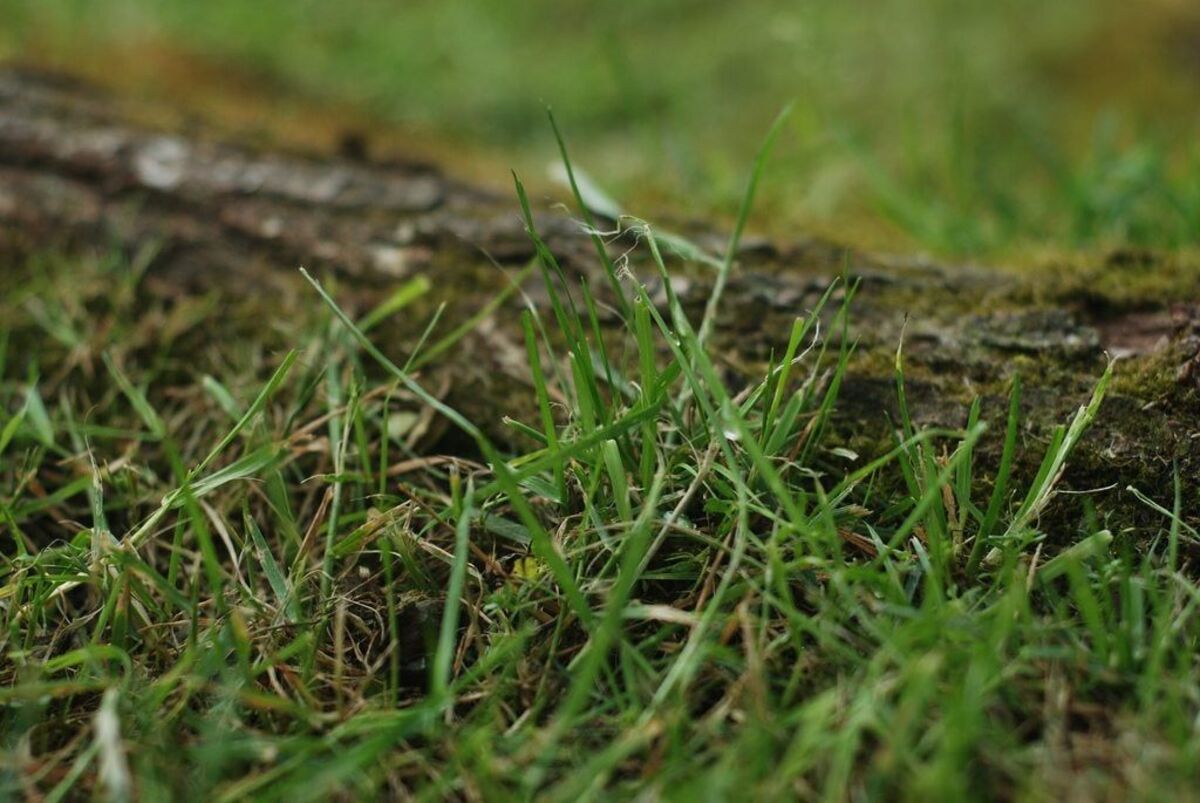
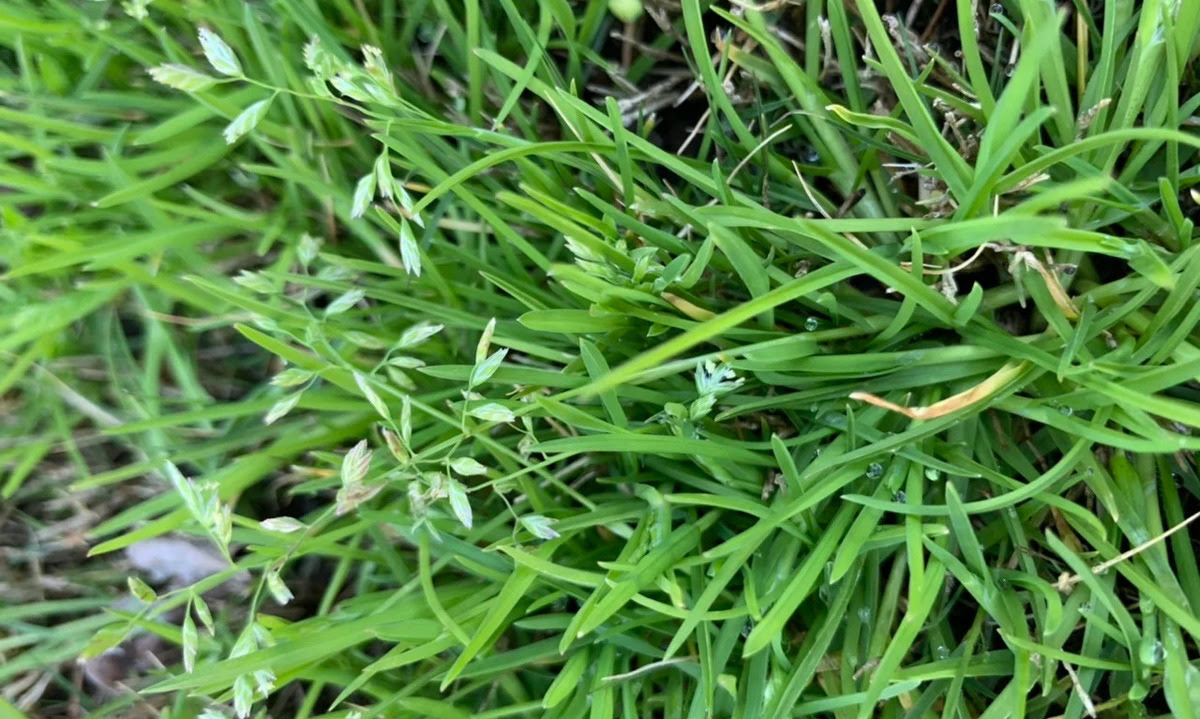
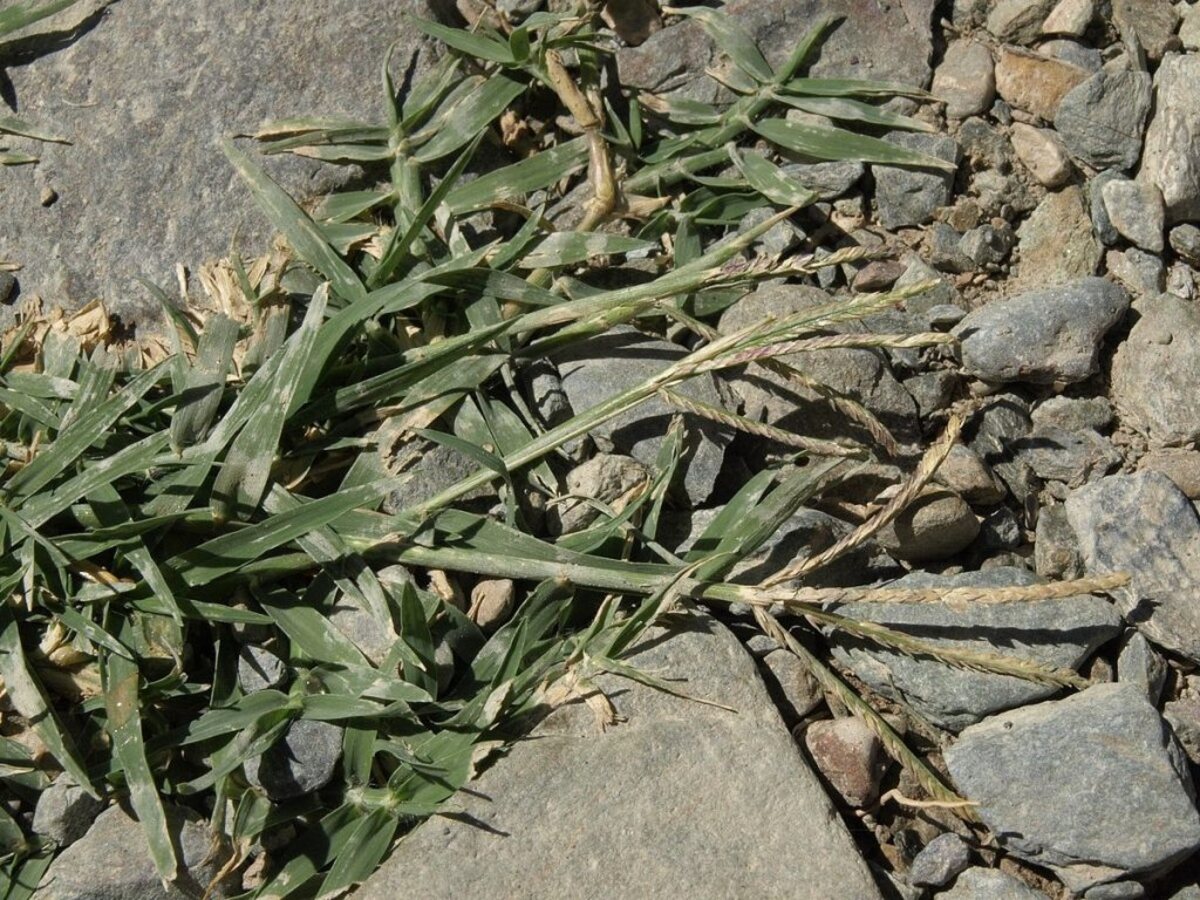
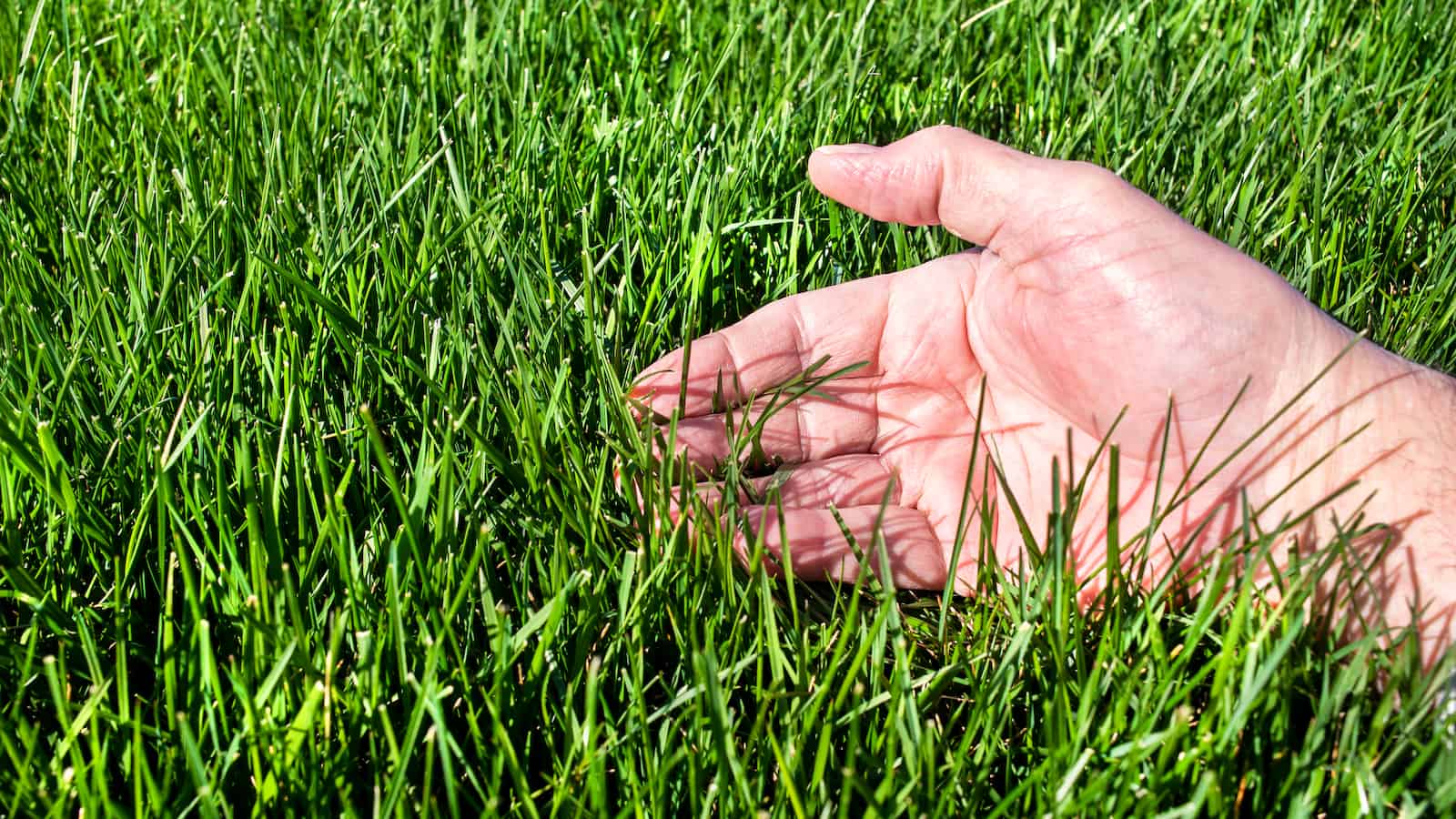
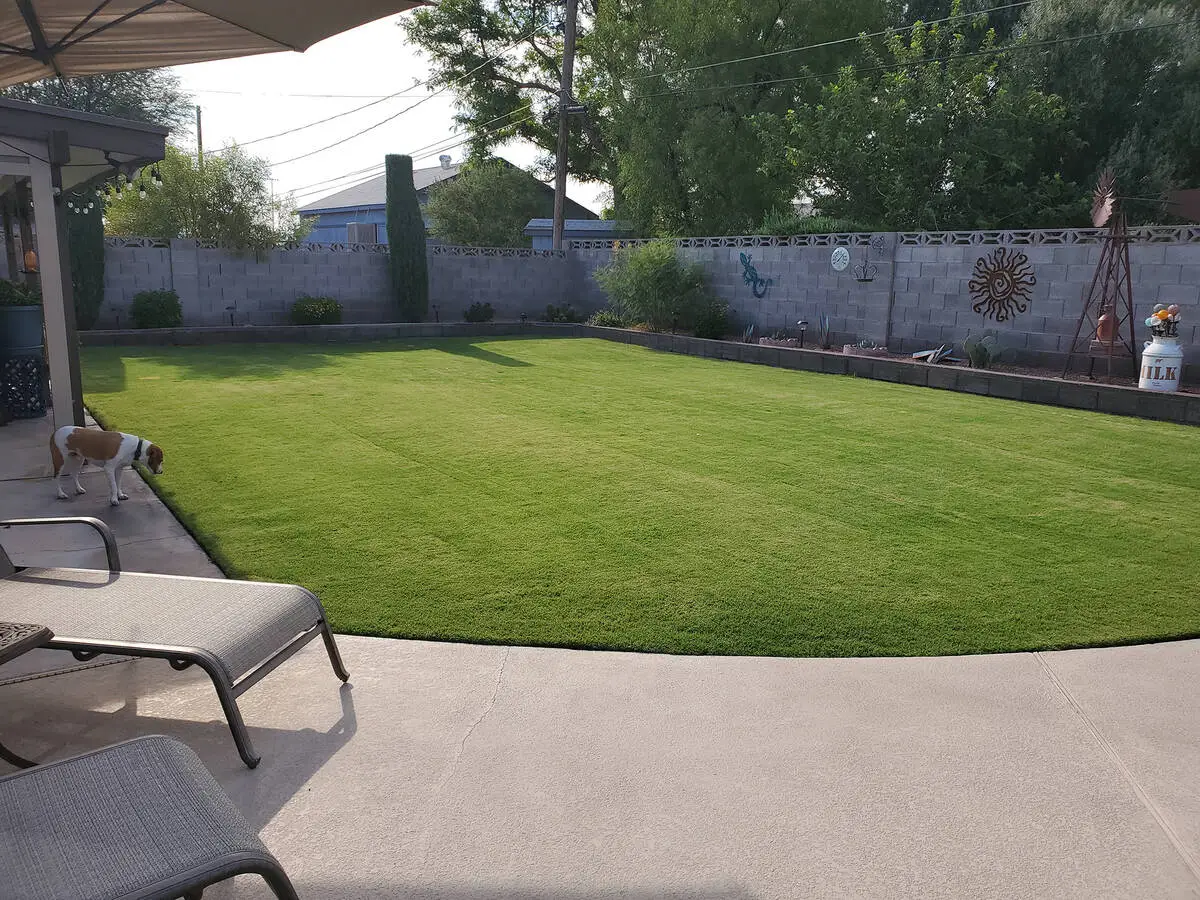
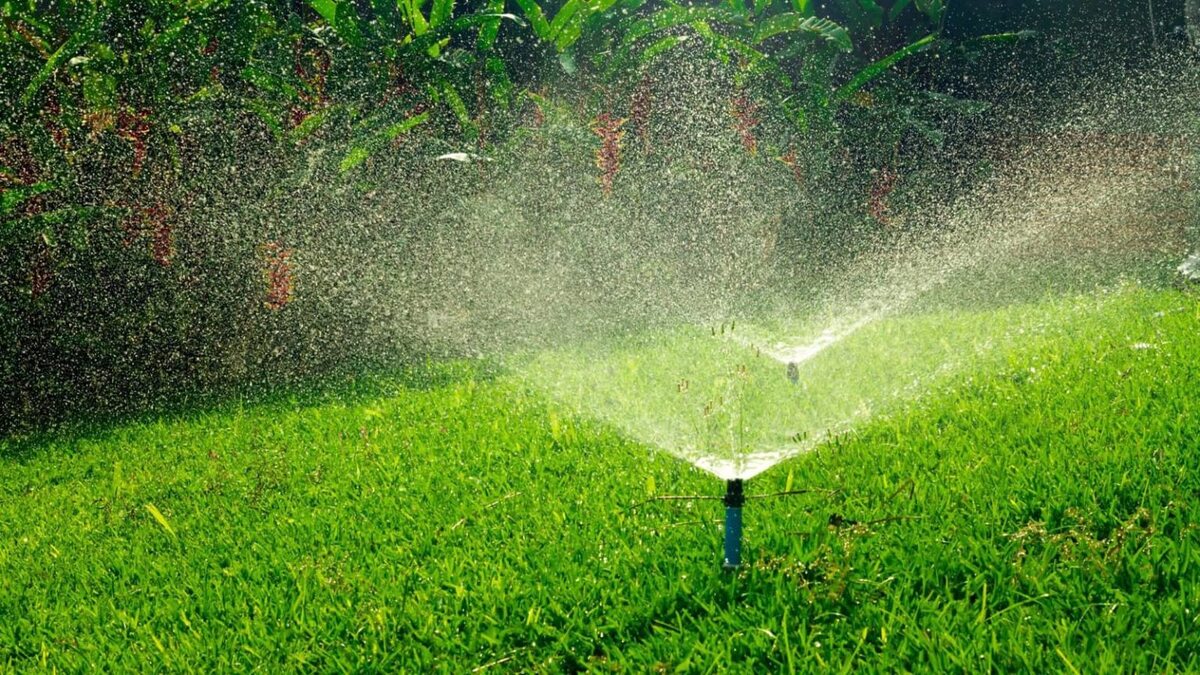
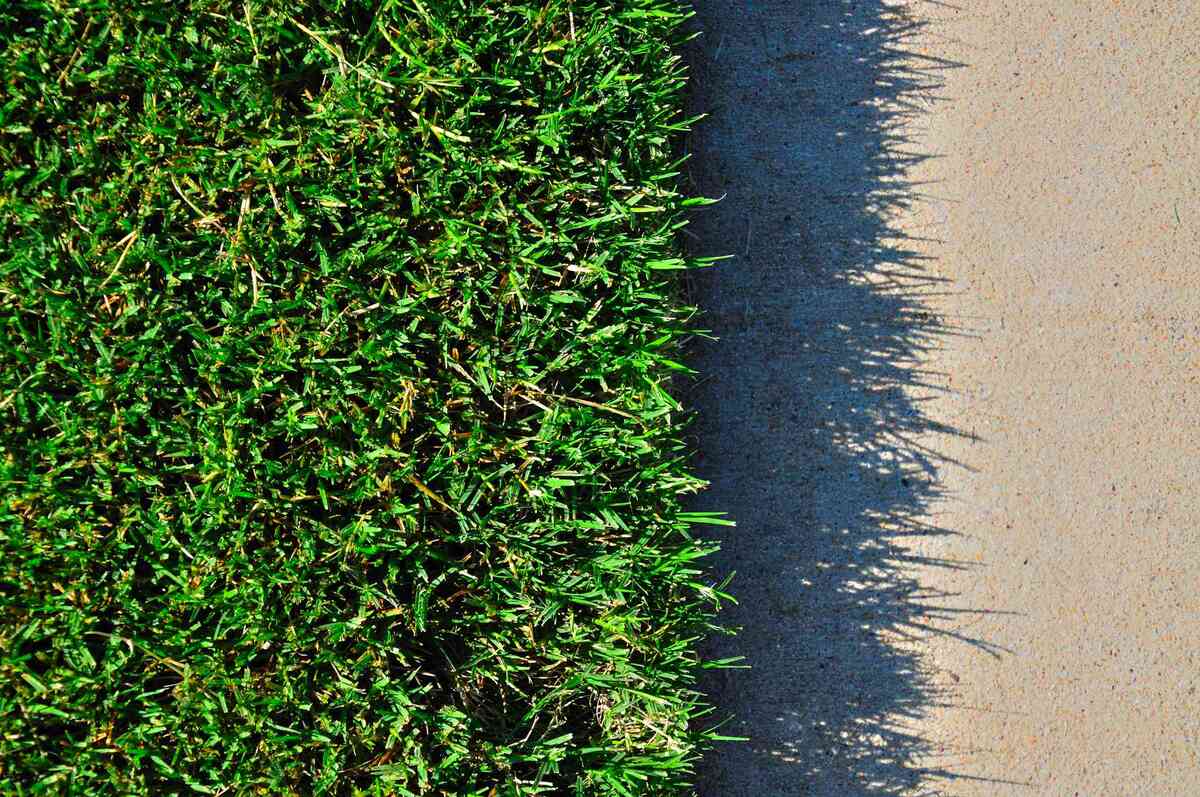
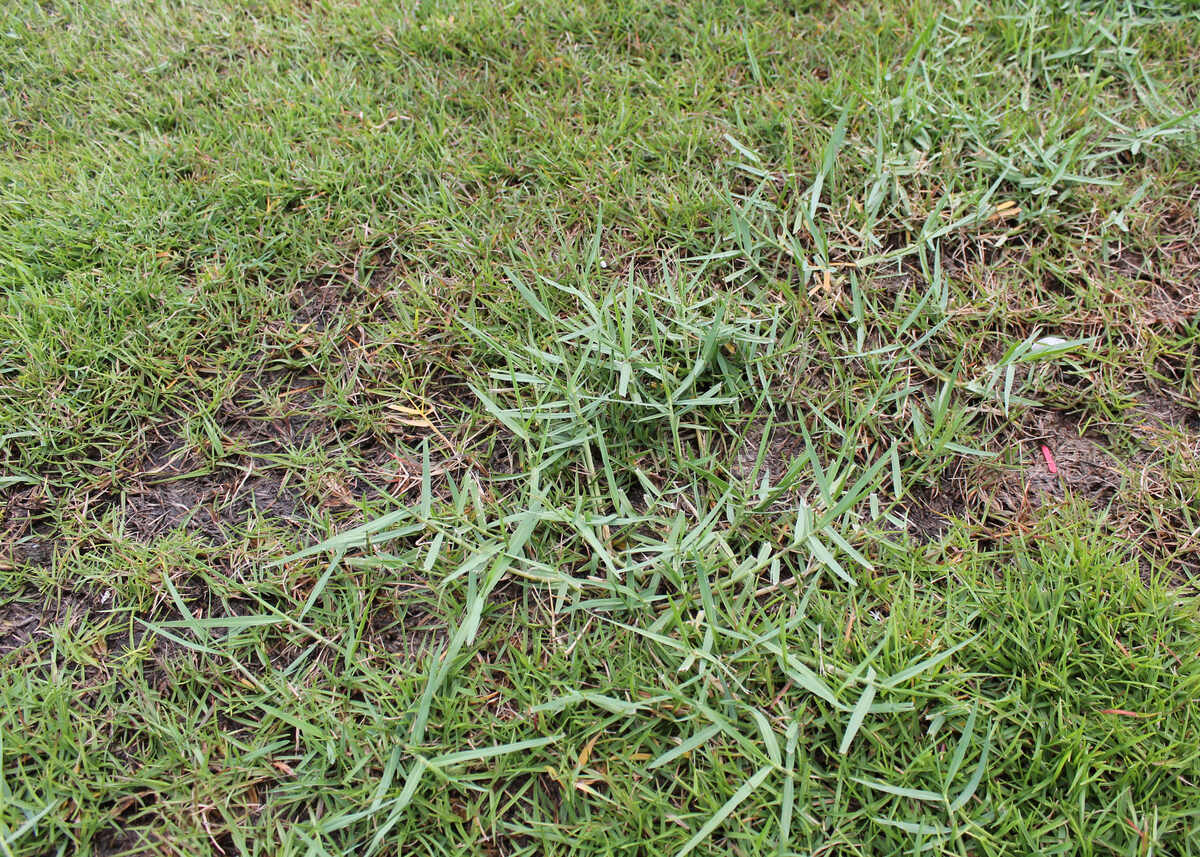
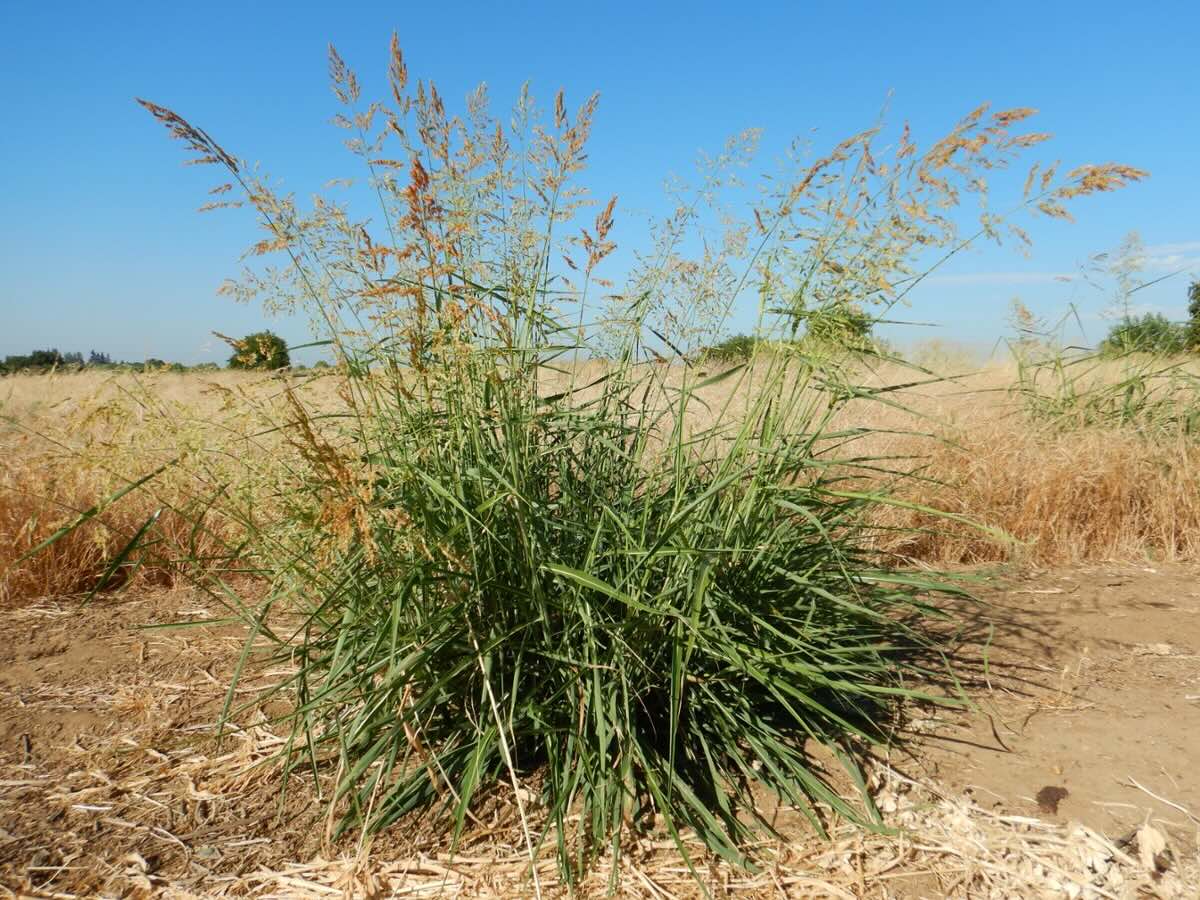
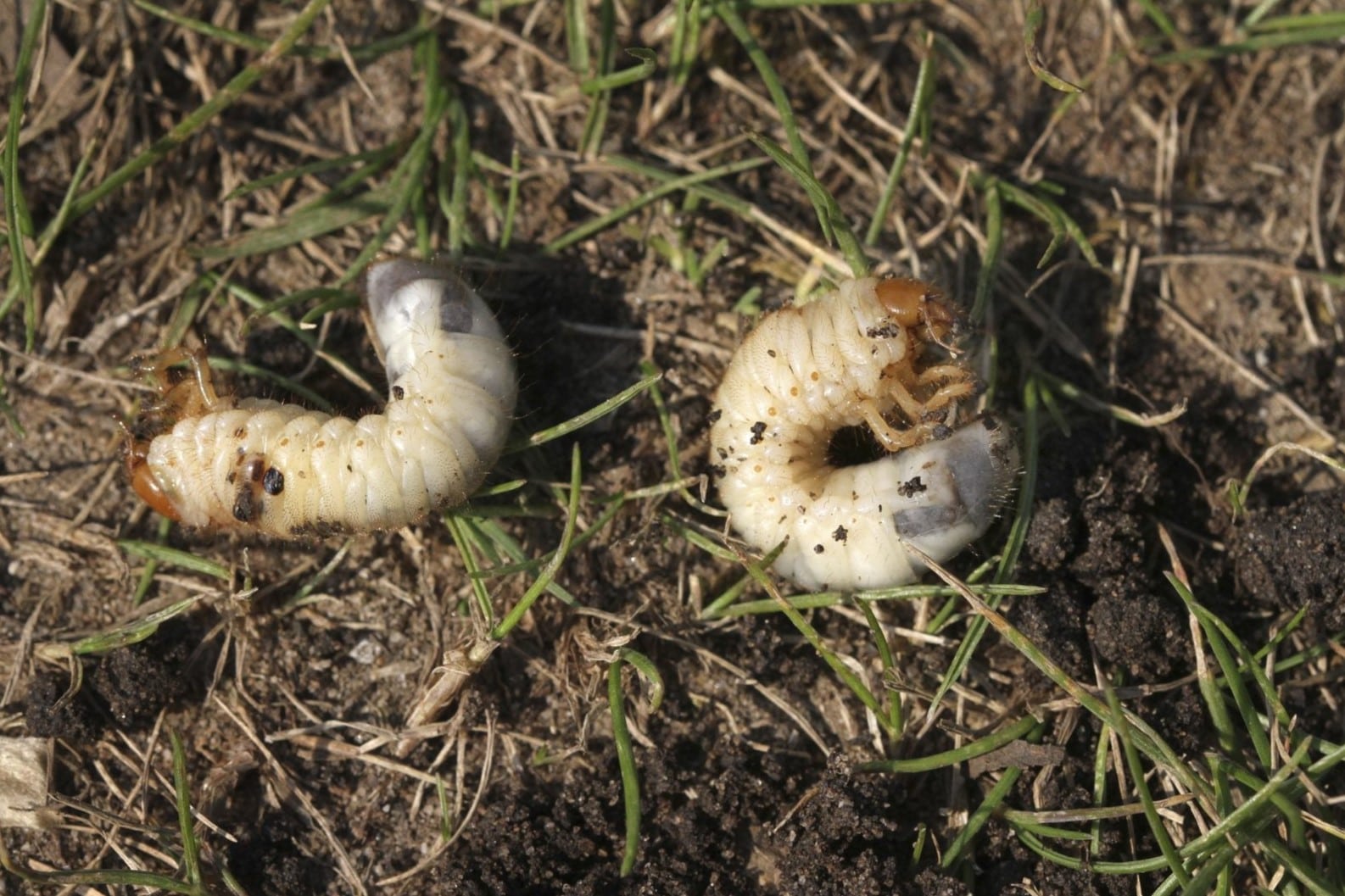
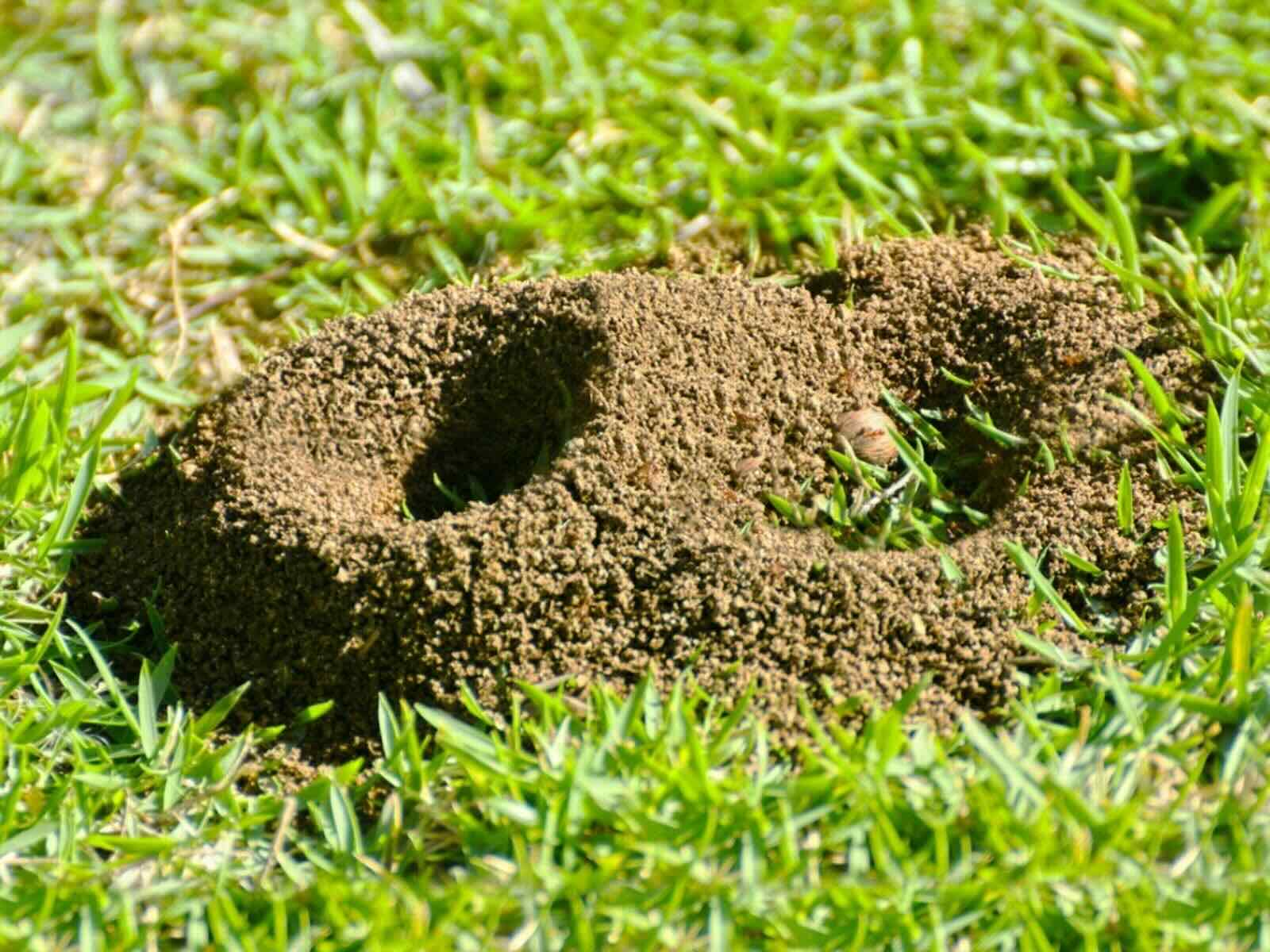
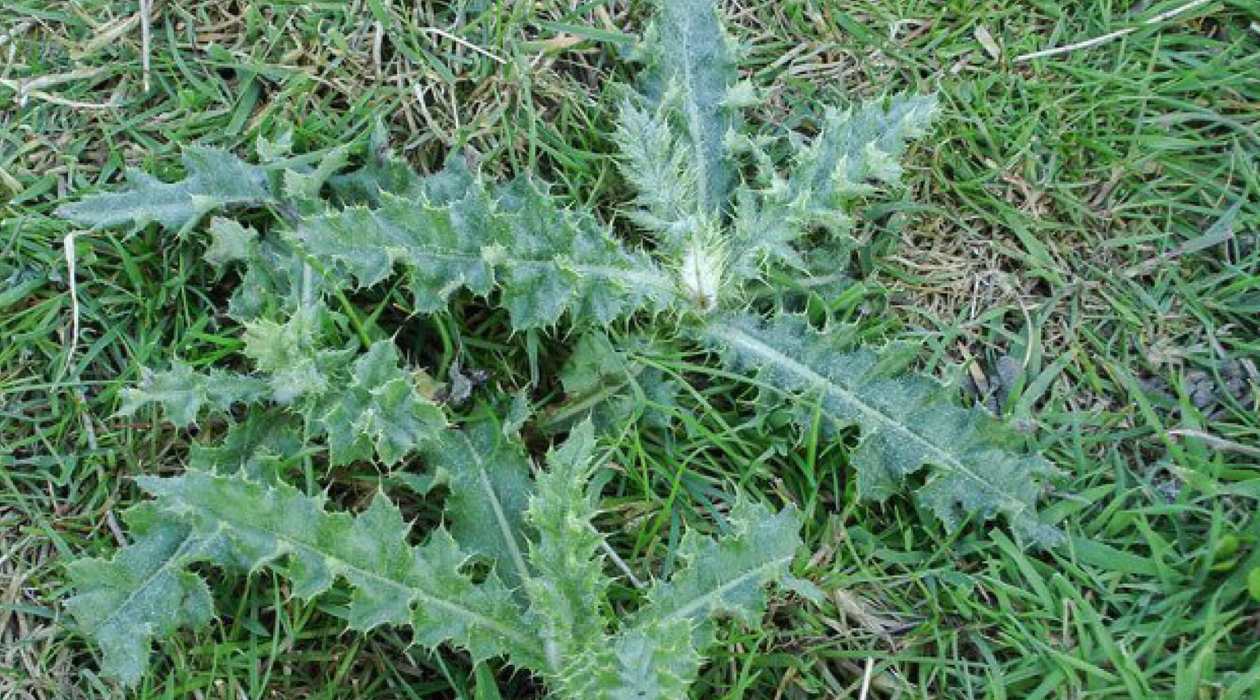
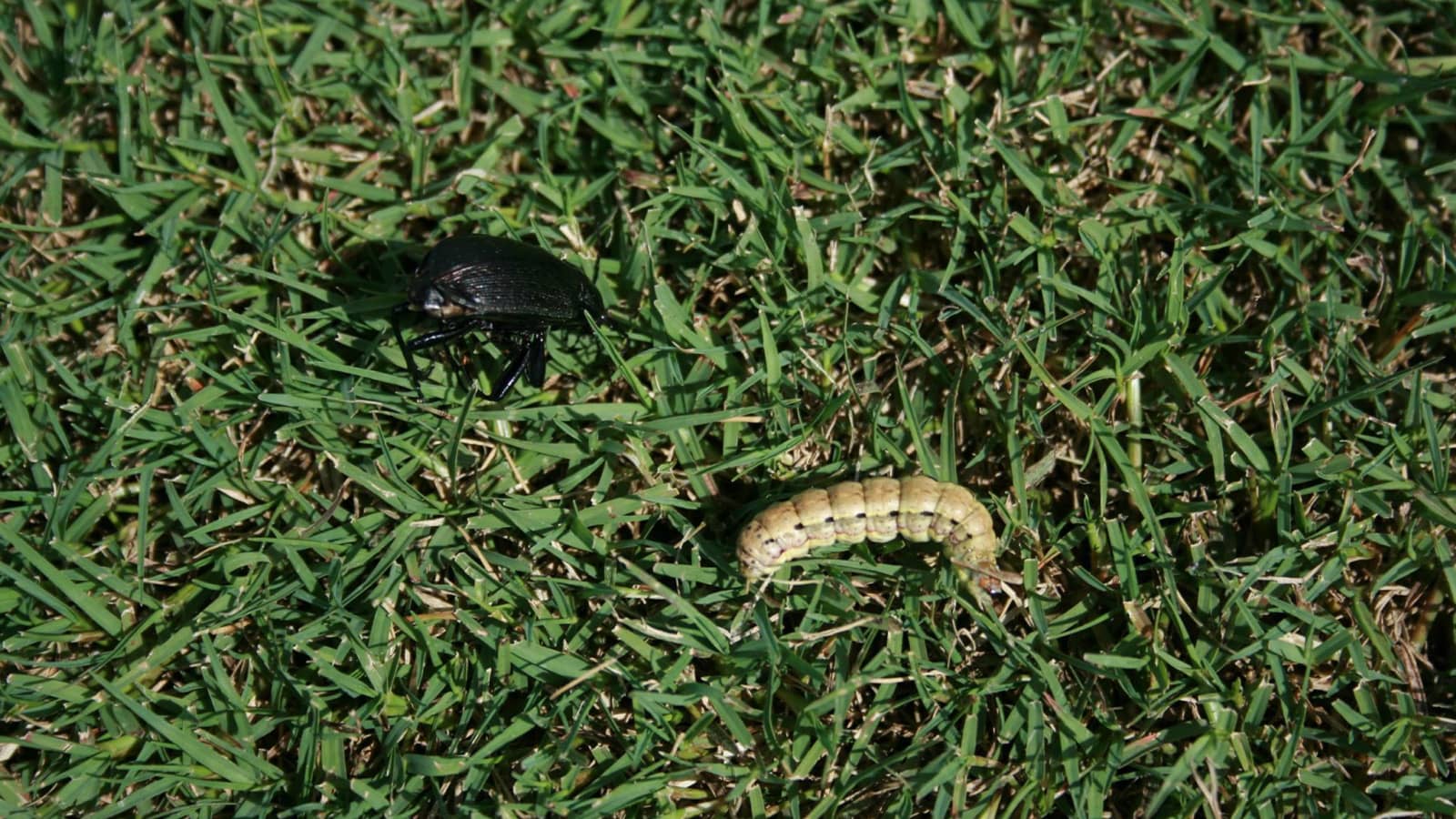
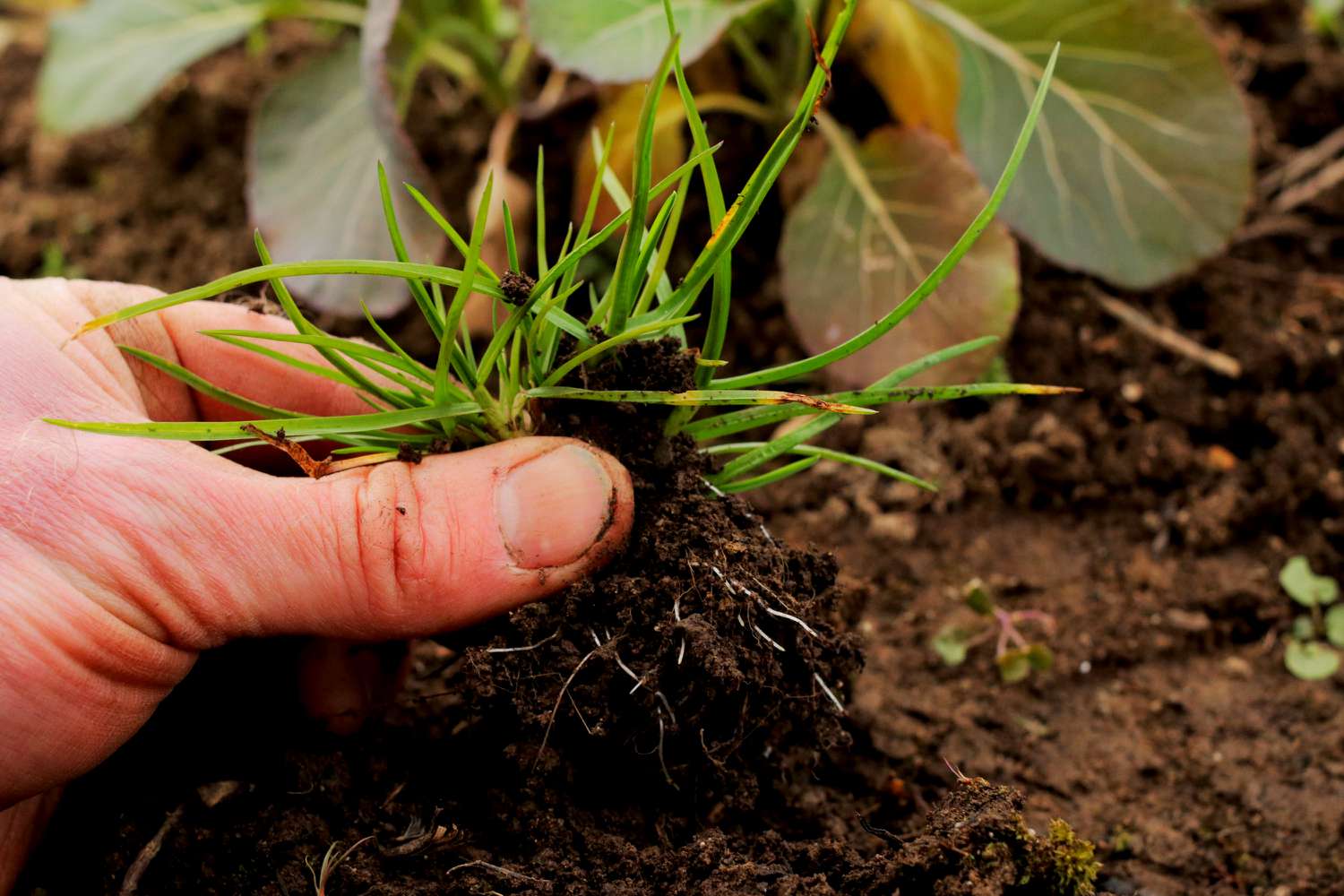

0 thoughts on “What Is The Best Way To Kill Bermuda Grass”